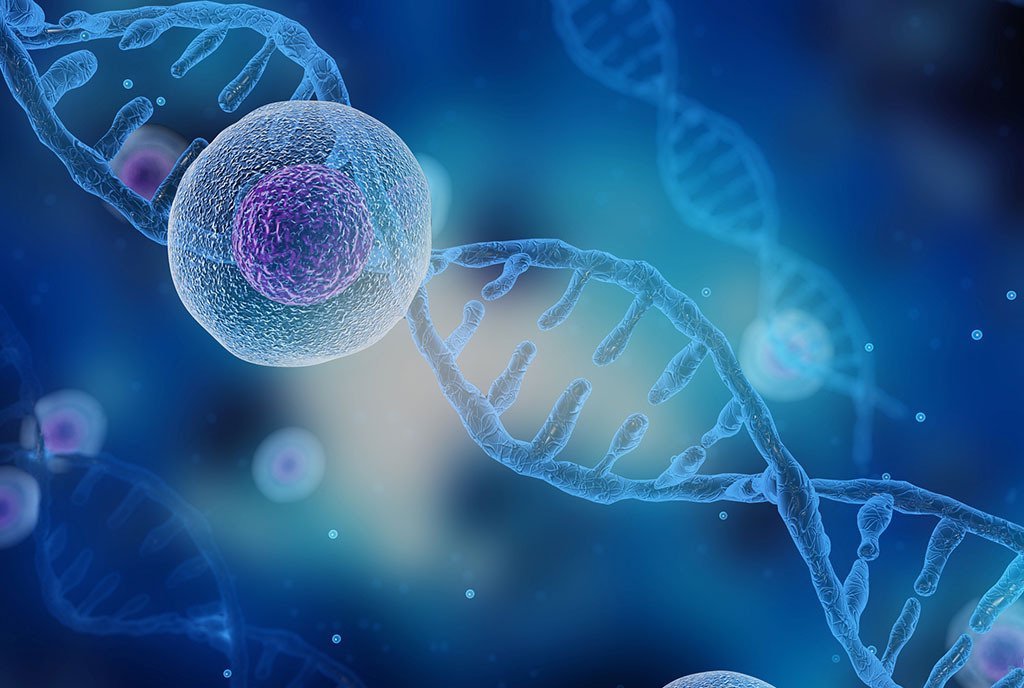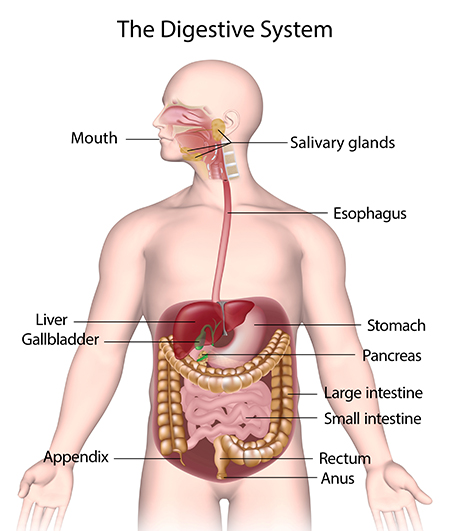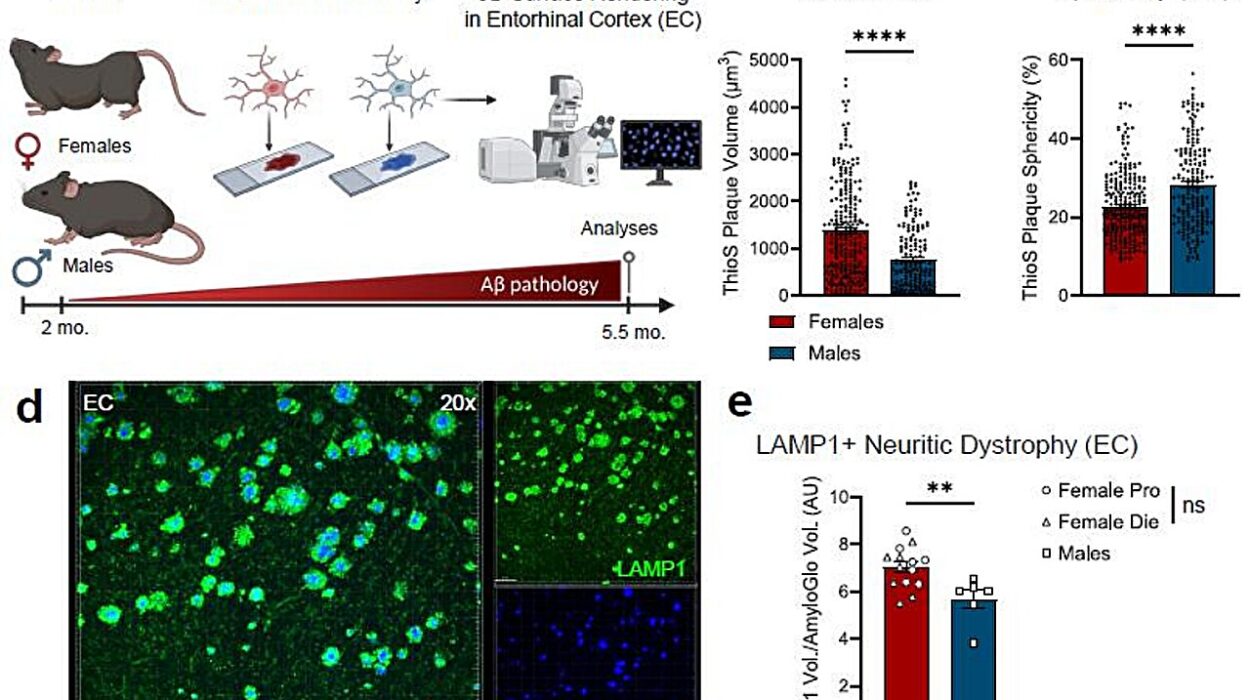Imagine you’re sick. You visit a doctor and are prescribed a medication. The dosage is standard, the drug is commonly used, and your condition is typical. So why does it work for some people and not for others? Why do some patients recover completely while others suffer from side effects, or even worsen?
For decades, medicine has largely operated on a one-size-fits-all model. Doctors prescribe treatments based on averages—what works for most people most of the time. But human biology is not average. We are not copies of each other. Each of us carries a unique blend of genes, biochemistry, history, lifestyle, and environment. In other words, the traditional approach to medicine often oversimplifies an incredibly complex equation.
Enter precision medicine—a revolutionary concept that promises to tailor medical treatment to the individual, not the population. By combining breakthroughs in genetics, big data, biotechnology, and artificial intelligence, precision medicine offers the potential to treat diseases more effectively, with fewer side effects, and to prevent illness before it starts.
This isn’t science fiction. It’s the future of healthcare. And in many ways, it’s already here.
The Birth of Precision: A Historical Perspective
The seeds of precision medicine were planted decades ago, long before the term entered the mainstream. In the mid-20th century, scientists began noticing that not everyone reacted the same way to the same drugs. A classic example was with the blood thinner warfarin. Some patients needed very small doses to avoid bleeding, while others required larger amounts to achieve any effect. The difference wasn’t just a matter of weight or age—it was genetic.
Fast forward to 2003: the completion of the Human Genome Project opened the floodgates. For the first time, scientists had a complete map of the human genetic code. Suddenly, it became possible to identify how individual genes influenced health, disease risk, and treatment responses. This marked the beginning of the genomic era in medicine.
Yet precision medicine is not just about DNA. It also includes data from proteins, metabolites, lifestyle, and even the microbes in your gut. It’s a multidisciplinary effort to understand what makes you unique—and how that knowledge can improve your health.
What Is Precision Medicine?
At its core, precision medicine is an approach to disease prevention, diagnosis, and treatment that takes into account individual variability in genes, environment, and lifestyle.
It seeks to answer a simple yet profound question: What is the best treatment for this specific patient at this specific time?
Instead of asking, “What drug usually works for cancer?” precision medicine asks, “What drug will work for your cancer?” It rejects the idea of “average” and embraces the biological uniqueness of each individual.
Precision medicine is not a single test, drug, or technology. It’s a framework—a philosophy backed by data and science. It leverages everything from DNA sequencing to machine learning algorithms, from wearable health devices to personalized nutrition plans.
And its goal is clear: to shift healthcare from reactive to proactive, from generic to specific, and from treating disease to preventing it.
Genomics: The Code Behind the Cure
The foundation of precision medicine lies in the genome—your complete set of DNA. Composed of roughly 3 billion base pairs, your genome is a biological instruction manual. It determines your hair color, eye color, susceptibility to certain diseases, and how your body processes medications.
Understanding your genetic makeup can reveal a lot. For instance:
- Pharmacogenomics identifies how your genes affect your response to drugs. Some people metabolize medications quickly, others slowly. Knowing this helps doctors select the right drug and dosage, reducing trial and error.
- Oncogenomics focuses on cancer. By analyzing the genetic mutations driving a tumor, oncologists can prescribe targeted therapies that attack the cancer’s specific vulnerabilities.
- Genetic risk scores estimate your susceptibility to diseases like heart disease, Alzheimer’s, or type 2 diabetes, allowing for earlier interventions.
One of the most striking successes in this field is in treating non-small cell lung cancer. Researchers discovered that some tumors carry a mutation in the EGFR gene. Drugs like erlotinib target this mutation specifically. For patients with this mutation, these drugs are far more effective than traditional chemotherapy. For those without the mutation, they’re useless.
Genomic data is powerful. But it’s only one piece of the puzzle.
Beyond Genes: The Multi-Omics Approach
Genes are just the beginning. Your biology is influenced by layers upon layers of molecular information. Scientists often refer to this as the omics cascade—a hierarchy of biological systems that includes:
- Transcriptomics: Which genes are actively being transcribed into RNA?
- Proteomics: What proteins are being produced and how much?
- Metabolomics: What small molecules (metabolites) are present in your cells?
- Epigenomics: How are your genes being turned on or off by environmental influences?
- Microbiomics: What microbes live in your body, and what role do they play?
This multi-omics approach provides a far more complete picture of human health than DNA alone. For example, you might have a gene that predisposes you to obesity, but whether that gene is activated depends on factors like diet, stress, sleep, and your gut microbiome.
In cancer treatment, multi-omics can help identify not just genetic mutations, but also protein markers, signaling pathways, and immune responses—leading to better-targeted therapies.
The challenge? Analyzing and interpreting this tidal wave of data. That’s where AI and machine learning come in.
AI and Big Data: The Brain Behind Precision
The human brain is no match for the sheer volume of biological data generated by precision medicine. That’s why artificial intelligence (AI) and machine learning algorithms play a crucial role in making sense of it all.
AI can:
- Analyze vast datasets to detect patterns invisible to humans.
- Predict how patients will respond to treatments.
- Identify novel drug targets.
- Suggest personalized treatment plans based on real-time data.
One real-world example is IBM’s Watson for Oncology. It processes millions of medical records, studies, and clinical trial results to recommend personalized cancer treatments. While it’s not perfect, it shows the potential of AI as a clinical tool.
AI is also vital in radiomics—using image analysis to extract hidden information from scans—or digital pathology, where algorithms can detect cancer in biopsy images with accuracy rivaling human experts.
But AI is only as good as the data it’s trained on. That’s why diversity and data quality are critical in building equitable precision medicine systems.
Applications: Where Precision Medicine Is Changing Lives
Precision medicine is already making waves in several areas of healthcare.
Cancer
Arguably the biggest success story. Treatments are increasingly based on tumor genetics rather than tumor location. Drugs like trastuzumab (for HER2-positive breast cancer) or vemurafenib (for BRAF-mutated melanoma) are examples of this personalized approach.
Rare Genetic Disorders
Many rare diseases are caused by single-gene mutations. With precision diagnostics, children once labeled as “mystery cases” can now receive diagnoses and even targeted therapies. Gene therapy is beginning to offer hope for conditions like spinal muscular atrophy and Leber’s congenital amaurosis.
Cardiovascular Disease
Genetic risk scores help identify patients at high risk of heart attack, even when traditional markers like cholesterol levels seem normal. Some individuals carry mutations that protect them against heart disease—leading to new drug development targeting the same pathways.
Infectious Disease
Precision medicine was crucial in the response to COVID-19. Understanding viral genetics helped develop vaccines quickly. Researchers also discovered that genetics played a role in how severely individuals reacted to the virus.
Psychiatry
This is a more complex field, but precision psychiatry is emerging. Genetic and neurobiological profiling may soon help predict which antidepressants or antipsychotics are most likely to work for a given patient.
Precision Prevention: Stopping Illness Before It Starts
Perhaps the most revolutionary aspect of precision medicine is its potential to prevent disease.
Imagine knowing your personal risk for dozens of conditions—and getting a tailored prevention plan. You’d receive nutrition guidance based on your metabolism, exercise routines matched to your genes, and screening schedules customized to your risk profile.
This isn’t a dream. It’s already being tested in real-world settings.
In the All of Us research program in the U.S., over a million people are contributing genetic, lifestyle, and environmental data to help build the future of personalized prevention.
Ultimately, precision medicine could shift the entire focus of healthcare: from treating sick people to keeping people healthy.
Ethical Challenges: Who Owns Your DNA?
As promising as precision medicine is, it raises serious ethical questions.
Privacy and Data Security
Genomic data is deeply personal. Who owns it? Who can access it? How is it stored and protected? A data breach of a DNA database is not just a technical failure—it’s a violation of identity.
Discrimination and Inequality
Could employers or insurers use genetic data to discriminate? Could precision medicine become a luxury only the wealthy can afford? These are real fears that must be addressed through legislation and transparency.
Informed Consent
As data becomes more complex, ensuring patients understand what they’re consenting to becomes harder. Consent must be informed, ongoing, and meaningful.
Diversity in Data
Many genomic studies have focused disproportionately on people of European descent. This means that precision medicine risks being less precise—or even inaccurate—for underrepresented populations. Equity in data collection is essential for equity in outcomes.
The Future: Where Are We Headed?
The future of precision medicine is dazzling and daunting.
We can envision a world where:
- Newborns receive a full genomic scan at birth.
- Your smartwatch monitors your biochemistry in real time and alerts your doctor.
- Cancers are cured with tailor-made immune therapies.
- Mental illness is treated based on brain biomarkers, not guesswork.
- Food and exercise are personalized to your DNA and gut microbes.
- Pandemics are predicted and prevented by analyzing global viral data.
Technologies like CRISPR gene editing, single-cell sequencing, liquid biopsies, and digital twins (computer models of individual patients) are pushing the boundaries of what’s possible.
But the goal remains the same: to make healthcare more humane, effective, and personalized.
Conclusion: From Hope to Healing
Precision medicine isn’t just a technological revolution—it’s a philosophical one. It challenges us to stop treating averages and start treating individuals. It reminds us that health is personal, biology is complex, and one-size-fits-all rarely fits anyone.
The road ahead is filled with promise and peril. But if done right, precision medicine could usher in a new golden age of healthcare—where disease is not just treated, but predicted and prevented, and every patient is seen not as a case, but as a person.
We are only at the beginning of this journey. But the map is being drawn, one genome, one data point, and one discovery at a time.
The future of medicine is personal.
It’s precise.
And it’s already here.






